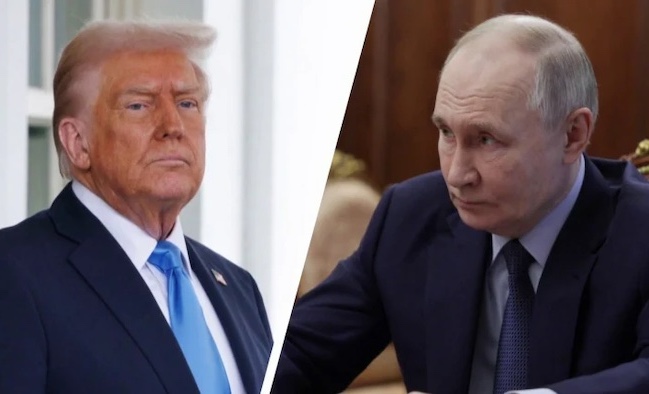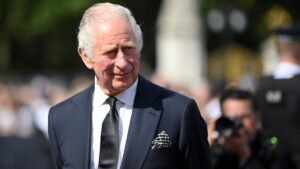Tensions between the United States and Russia flared publicly this week after U.S. President Donald Trump issued a stark warning to Russian President Vladimir Putin, accusing him of dangerously escalating the war in Ukraine and pushing the conflict into uncharted territory.
Trump’s comments followed intelligence reports that Russia has massed roughly 50,000 troops near Ukraine’s northern Sumy region and has stepped up aerial attacks using missiles and drones across the country. The conflict, now in its third year, has become Europe’s deadliest war since World War II.
In a post on his Truth Social platform Tuesday, Trump cautioned Putin against further provocation and claimed that his previous leadership had prevented even worse outcomes.
“What Vladimir Putin doesn’t realise is that if it weren’t for me, lots of really bad things would have already happened in Russia, and I mean REALLY BAD. He’s playing with fire,” Trump wrote.
The Kremlin was quick to hit back. Dmitry Medvedev, deputy chair of Russia’s Security Council and former president, mocked Trump’s warning on the social platform X, writing: “Regarding Trump’s words about Putin ‘playing with fire’ and ‘really bad things’ happening to Russia. I only know of one REALLY BAD thing — WWIII. I hope Trump understands this!”
Trump’s envoy and former national security adviser, Keith Kellogg, denounced Medvedev’s statement, calling it irresponsible. “Stoking fears of WWIII is an unfortunate, reckless comment… and unfitting of a world power,” Kellogg posted in response.
Despite the fiery rhetoric on both sides, diplomatic channels remain active. Following a reported two-hour phone conversation between Trump and Putin on May 19, the Russian president said Moscow had agreed to begin work on a memorandum with Ukraine outlining the terms of a possible peace agreement, including a timeline for a ceasefire.
No formal details have been released, and Ukraine has yet to publicly confirm the terms. However, Western officials view the memorandum as a potential first step toward restarting stalled negotiations and de-escalating a war that has already cost tens of thousands of lives.



























